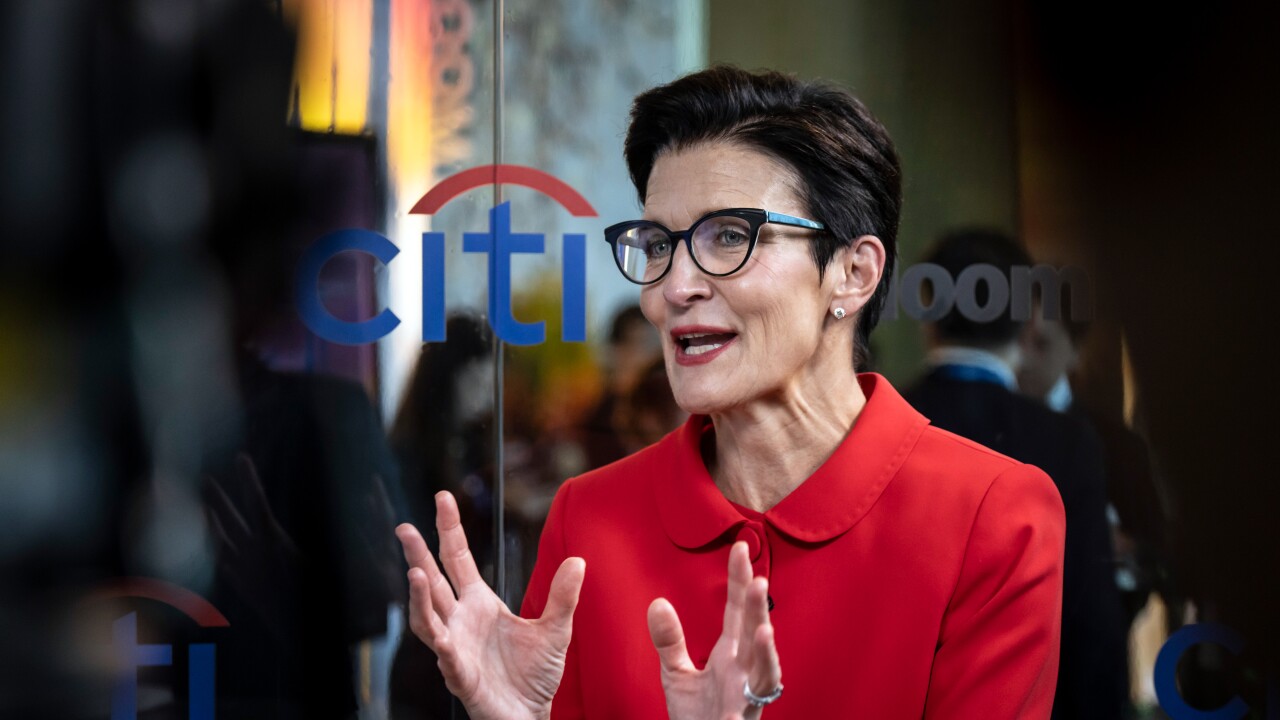Conflicts of interest abound in the world of academic research. Many were highlighted in last year's Academy Award-winning documentary about the financial crisis, "Inside Job."
The latest example of such a conflict comes from the halls of George Washington University. In a research report released last month, professor Robert Van Order, chair of the Center for Real Estate and Urban Analysis there, and professor Anthony Yezer, director of the university's Center for Economic Research, make a strong argument for shrinking the role of the Federal Housing Administration in insuring mortgages. But nowhere is it disclosed that the paper was at least partially underwritten by the private mortgage insurance giant Genworth Financial Inc., which stands to benefit from a pull back in the market by FHA.
The paper, titled FHA Assessment Report: The Role of the Federal Housing Administration in a Recovering U.S. Housing Market, gives credit to the FHA for helping to prop up the housing market during the downturn. However, the report maintains that conventional lending is recovering and that the agency should get back to its original mission: helping first-time and low-to-moderate income homebuyers purchase homes. The FHA could further reduce its loan limits by 50% and still serve this target market, the report concludes, allowing the private sector to get back into the business of insuring larger loans.
"A commitment to returning FHA to its historical intent will ensure its long-term strength and viability, both because higher balance loans probably will be riskier, and because FHA does not have the flexibility to operate well in a large market," Van Order and Yezer wrote.
When approached about whether the private mortgage industry had any hand in the research, Yezer confirmed that Genworth helped fund the report, but he said the company's involvement was of no consequence.
"I am not getting anything out of it, and Bob Van Order is not getting anything," he said in an interview Wednesday.
"They are using up our time, so they make a contribution to the university. The small amount that is involved is trivial compared to my billing rate if I was doing this ordinarily," he added, referring to the consulting work he does on the side.
Yezer also said he didn't realize he had failed to note Genworth's underwriting of the paper in the credits.
Robert Van Order was traveling in Korea and not available for an interview.
At least one academic who was approached by Genworth to work on the paper was turned off by the proposition.
"I thought it was very interesting, but it was funded by an insurance company," said Anthony Sanders, distinguished professor of real estate at George Mason University in Fairfax, Va.
"When I heard what they really wanted me to do, I turned them down. They had a particular result they wanted to see," he said, adding, "I said that, 'I don't want to paint my opinion in advance.'"
Brian Berry, a spokesman for Genworth, disagreed with Sanders' version of the conversation.
"We had a discussion with him about the same type of analysis [as that of the George Washington University study] entirely consistent with prior statements that he had made on FHA viability and FHA loan performance," Berry said. "But the discussion ended there. There was never a discussion about any type of agreement."
Yezer estimates that Genworth put a total of $5,000 toward the research and that it was split between the two research centers where he and Van Order work. Genworth also helped by providing data licensed to the company from McDash, a subsidiary of Lender Processing Services, Yezer said. Such data can be prohibitively expensive for academics to obtain on their own, he said.
In an email, Alfred King, director of public relations for Genworth's mortgage insurance unit, said the company regularly shares data with regulators, the media, and think tanks, among others.
"We do so to further understanding of our industry and to challenge our own thinking," he wrote. "The professors who analyzed this data are independent, and are in full control of their research conclusions and recommendations. Genworth Financial provided a small contribution to the university, in accordance with the guidelines of the institution, but no compensation was provided to the authors themselves."
Yezer says he did not feel any pressure to provide particular conclusions and that he believes the study broke new ground.
"What do I care about what conclusions they wanted?" he said. "Most of what is in the report, [Genworth] didn't have any ideas about. I think that they are being educated by this."
As to the failure to mention Genworth's subsidizing of the research, Yezer was apologetic, to a degree. "They ought to be thanked, if we didn't thank them," he said. "I am sorry, but you should thank people."





